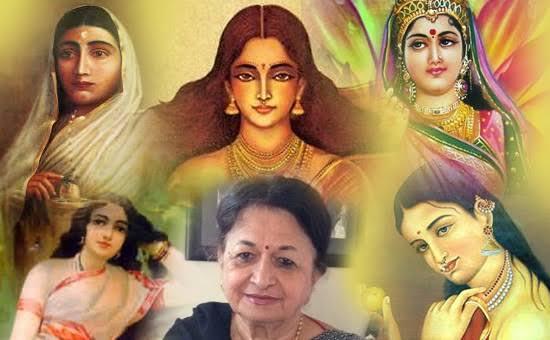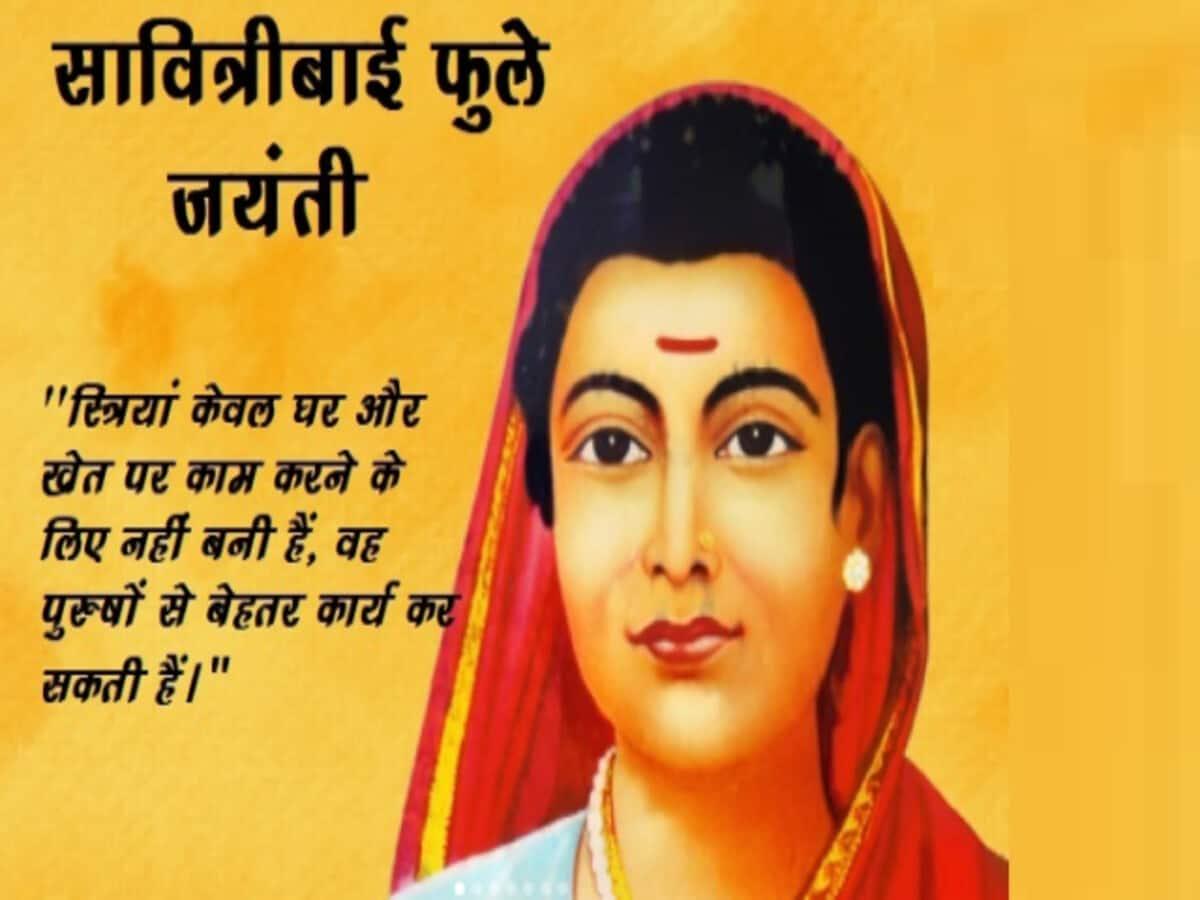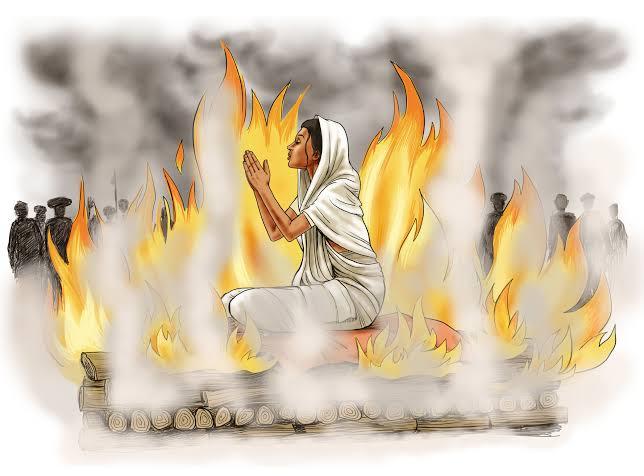- This topic has 0 replies, 1 voice, and was last updated by .
-
AuthorPosts
-
March 17, 2024 at 11:02 am #1875Up::25
The role of women in Hindu society is multifaceted and has evolved over time. Traditionally, women have been revered as embodiments of various goddesses and have played crucial roles in religious rituals and family life. However, there have also been historical and cultural norms that restricted women’s participation in certain spheres, such as education and public life. In modern times, there’s a growing movement towards gender equality, with more emphasis on women’s education, career opportunities, and empowerment, although challenges still exist, particularly in rural areas and conservative communities. Overall, the role of women in Hindu society is complex, reflecting a blend of tradition, culture, and ongoing social change.

Ancient Roots: Goddess Worship and Matrilineal Legacies
In Hinduism, women have long been venerated as manifestations of divine energy, often symbolized by goddesses such as Lakshmi, Saraswati, and Durga. This reverence for the feminine principle is evident in religious rituals, festivals, and daily prayers, where women play central roles as custodians of tradition and spirituality.
Moreover, certain regions in ancient India followed matrilineal traditions, where lineage and inheritance passed through the female line. These matriarchal societies provided women with relatively more autonomy and authority within the family and community, challenging the notion of male dominance prevalent in many patriarchal cultures.
Traditional Roles: Family, Rituals, and Social Expectations
Despite the reverence accorded to women in Hinduism, traditional gender roles have often confined them to domestic spheres, with primary responsibilities revolving around household duties, child-rearing, and supporting the family unit. While women have been active participants in religious ceremonies and rituals, their involvement has been largely restricted to domestic settings or as assistants to male priests in temples.
Social expectations regarding marriage, chastity, and obedience have further shaped the roles of women in Hindu society, with norms often emphasizing their roles as wives and mothers above individual aspirations or autonomy. While these roles have provided stability and cohesion to families and communities, they have also limited women’s access to education, economic opportunities, and decision-making power.
Winds of Change: Education, Empowerment, and Gender Equality
In recent decades, there has been a growing recognition of the need for gender equality and women’s empowerment within Hindu society. Initiatives aimed at improving access to education, healthcare, and economic opportunities for women have gained momentum, challenging traditional norms and fostering greater agency and independence among women.

One of the pioneering figures in India who stood for women’s rights is Savitribai Phule. She was a social reformer, educator, and poet who played a significant role in advocating for women’s education and empowerment during the 19th century. Savitribai Phule, along with her husband Jyotirao Phule, established India’s first school for girls in Pune in 1848. She fought against various social injustices such as caste discrimination, child marriage, and widow oppression, and dedicated her life to promoting women’s rights and education in India.
Education, in particular, has emerged as a powerful tool for empowering women, enabling them to challenge stereotypes, pursue careers, and contribute to society in diverse fields. Organizations and movements advocating for women’s rights, such as the Bharatiya Mahila Parishad and the Self-Employed Women’s Association (SEWA), have played crucial roles in promoting gender equality and amplifying women’s voices on issues ranging from domestic violence to political representation.
Persistent Challenges: Gender Bias, Violence, and Social Stigma
Despite progress in certain areas, challenges persist in achieving true gender equality within Hindu society. Deep-rooted patriarchal attitudes and practices continue to perpetuate gender bias, discrimination, and violence against women, particularly in rural and conservative communities.
Issues such as female infanticide, dowry-related violence, and limited access to resources and opportunities continue to pose significant barriers to women’s full participation and empowerment. Moreover, social stigma surrounding divorce, single motherhood, and women’s sexuality can further marginalize and constrain women’s choices and agency.
Towards a More Inclusive Future: Collaboration and Advocacy
As Hindu society grapples with the complexities of gender dynamics and social change, the path forward lies in collaborative efforts that challenge entrenched biases, promote women’s rights, and foster inclusive and equitable communities. By engaging religious leaders, policymakers, grassroots activists, and communities, we can work towards dismantling barriers to women’s empowerment and creating a society where all individuals, regardless of gender, can thrive and fulfill their potential.

Sati practice, also known as sati or suttee, was abolished in India primarily due to the efforts of social reformers such as Raja Ram Mohan Roy. He played a crucial role in advocating for the abolition of sati and campaigned against it in the early 19th century. His efforts led to the enactment of the Bengal Sati Regulation, which declared the practice illegal in British India in 1829. This regulation paved the way for subsequent legislative measures to abolish sati across India.
Empowerment and Advocacy: Breaking Barriers
In recent decades, there has been a concerted effort to empower women and advocate for their rights within Hindu society. Organizations and initiatives focused on women’s education, health, and economic empowerment have emerged, aiming to address systemic inequalities and promote gender equality. From grassroots activism to policy advocacy, women are reclaiming their voices and asserting their rights.
Challenges and Opportunities
Despite progress, challenges persist in achieving true gender equality within Hindu society. Deep-seated patriarchal attitudes, gender-based violence, and socioeconomic disparities continue to hinder women’s advancement. Addressing these challenges requires a holistic approach that addresses structural inequalities, promotes women’s leadership, and fosters inclusive communities.
the role of women in Hindu society is a dynamic and multifaceted one, shaped by tradition, culture, and ongoing social transformation. While progress has been made in advancing women’s rights and opportunities, much work remains to be done to address systemic inequalities and create a more inclusive and just society for all. Through collective action and solidarity, we can strive towards a future where every woman’s voice is heard, valued, and respected.
- This topic was modified 1 year ago by .
- This topic was modified 1 year ago by .
Attachments:
You must be logged in to view attached files. -
AuthorPosts
- You must be logged in to reply to this topic.